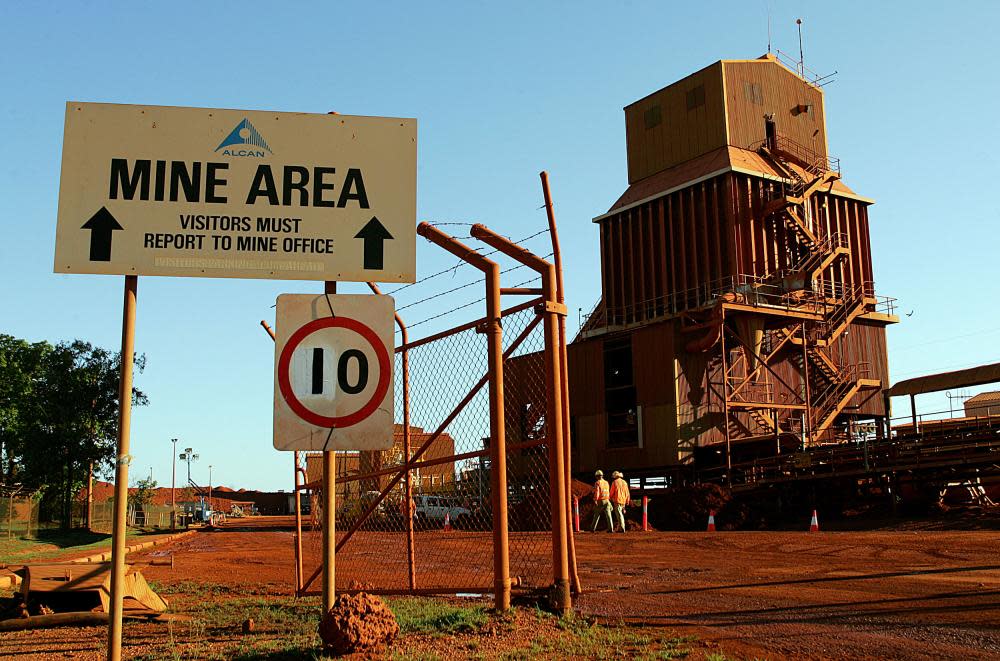Second appeal rejected in battle over Arnhem Land bauxite royalties

A long-running court battle involving two powerful Indigenous clans and the Northern Land Council is set to continue after the federal court again rejected an appeal by one group seeking a better split of mining royalties.
The Rirratjingu Aboriginal Corporation, of north-east Arnhem Land, has vowed to continue its fight after the setback. It first launched legal action against the Northern Land Council (NLC) in 2014 after a dispute between RAC and the rival Gumatj clan over royalties from the Gove bauxite mine and refinery failed to reach a resolution.
In its role determining traditional ownership and royalty distribution, the NLC had determined a split of 74% to 26% in favour of the Gumatj, while the RAC claimed they were entitled to 50%.
The RAC lost the case, as well as a subsequent appeal in August which ruled the RAC could continue legal action but had to reformulate a new case.
Among its appeal arguments, the RAC claimed the judge had erred in concluding the true traditional owners of land were those determined by the land council, and should have concluded that any disputes about ownership were to be decided by the federal court.
On Thursday the federal court ruled against it again, as well as a separate but related appeal, and again awarded costs to the respondents. The dispute has cost millions of dollars in combined legal fees, according to the RAC.
“We … reject the contention on behalf of the appellants that the NLC had no role in paying the amount to traditional Aboriginal owners and had no role in apportioning a payment to or for the benefit of each such local descent group,” it said.
“In our opinion, the NLC had the power to pay the amount to those which it considered were the traditional Aboriginal owners of the Aboriginal land, and the NLC had the power to apportion the moneys to be paid for and behalf of those traditional Aboriginal owners.”
Djawa Yunupingu, of the Gumatj clan, said they had always been confident of their position as traditional owners, and said the judgement was a vindication of the Land Rights Act.
“We have always abided by the principles of the Land Rights Act and with the terms of the Gove mining agreement and will continue to do so,” he said.
“This court case has been very expensive and has distracted us from our work at the community level where we are building businesses, creating jobs and educating children. For that reason we are pleased that the court has now delivered its judgment.”
The RAC said the court had made Aboriginal landowners the exception when it came to resolving land ownership disputes in court.
“According to the judgement, such disputes between traditional owners can only be decided by Northern Land Council bureaucrats,” it said.
“The Rirratjiingu created the land rights case,” said RAC vice-chairman Wanyubi Marika, in reference to his father and other relatives’ groundbreaking activism in Yirrkala.
“Through that the NLC was born, to work with traditional owners, not against us.”
Witiyana Marika, a senior Rirratjingu traditional owner, said he was disappointed with the decision but they would continue the fight.
“We’ll fight to the land council, the bureaucrats, for our people and for the landowners and for the land. We’ll keep on fighting,” he said.
“We’re strong, we’re the people who made the land rights happen. Our fathers fought for it.”
He then raised his middle finger.
The NLC has been contacted for comment.

 Yahoo News
Yahoo News 
